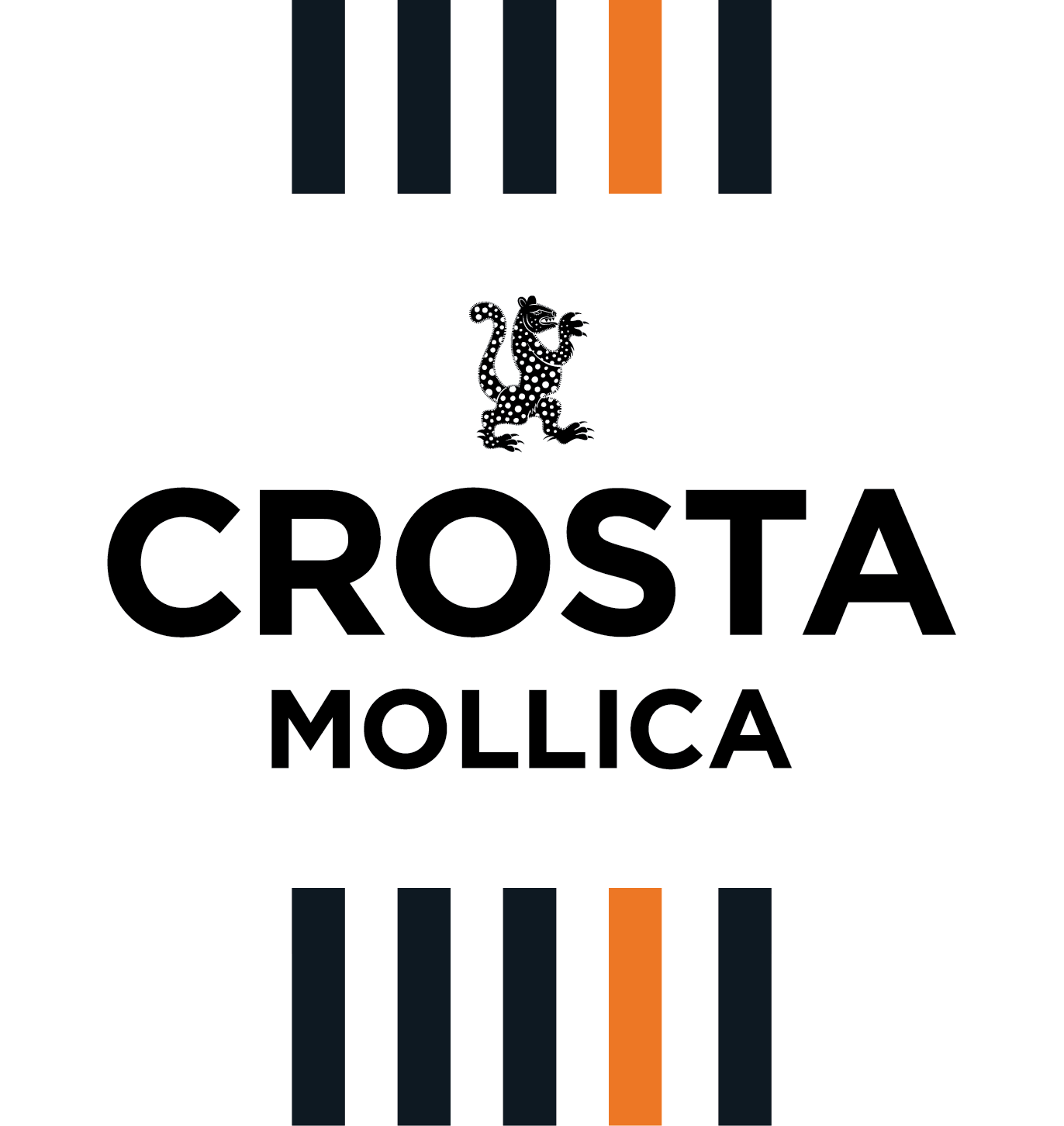

Crosta Mollica

London Borough of Lambeth, United Kingdom
March 2023
Food products
Wholesale/Retail
Belgium,
Croatia (Hrvatska),
France,
Germany,
Italy,
Netherlands The,
United Kingdom
Crosta Mollica are here to bring the best of Italian food to kitchens and tables everywhere, but they’re passionate about making a positive contribution to the planet too. The Crosta & Mollica story began in the Italian countryside in 2009. The founder, James, was working for a company that imported Italian fruit, and as he travelled from region to region – meeting fruit farmers, their families and their workers – he saw how much love and effort Italians put into crafting their food & enjoying it together. Today, they’re still busily criss-crossing Italy in search of authentic, artisanal and regional Italian specialties that deserve to be in the kitchens and on the tables of food-lovers across the UK, Europe & beyond. From pizza to pasta, desserts, aperitivo snacks & fresh bakery products, they bring consumers the best, most authentic Italian foods, that are always made in Italy. They have always been more than just profit driven. They have long term relationships with their amazing, usually family-owned suppliers in Italy. Crosta & Mollica have always recognised and worked to improve the social and environmental impact, but also see that there’s much more to do. They’re working through a five-year plan that will focus on two areas: planet and people.
Overall B Impact Score
Governance 16.8
Governance evaluates a company's overall mission, engagement around its social/environmental impact, ethics, and transparency. This section also evaluates the ability of a company to protect their mission and formally consider stakeholders in decision making through their corporate structure (e.g. benefit corporation) or corporate governing documents.
What is this? A company with an Impact Business Model is intentionally designed to create a specific positive outcome for one of its stakeholders - such as workers, community, environment, or customers.
Workers 27.6
Workers evaluates a company’s contributions to its employees’ financial security, health & safety, wellness, career development, and engagement & satisfaction. In addition, this section recognizes business models designed to benefit workers, such as companies that are at least 40% owned by non-executive employees and those that have workforce development programs to support individuals with barriers to employment.
Community 19.3
Community evaluates a company’s engagement with and impact on the communities in which it operates, hires from, and sources from. Topics include diversity, equity & inclusion, economic impact, civic engagement, charitable giving, and supply chain management. In addition, this section recognizes business models that are designed to address specific community-oriented problems, such as poverty alleviation through fair trade sourcing or distribution via microenterprises, producer cooperative models, locally focused economic development, and formal charitable giving commitments.
Environment 19.1
Environment evaluates a company’s overall environmental management practices as well as its impact on the air, climate, water, land, and biodiversity. This includes the direct impact of a company’s operations and, when applicable its supply chain and distribution channels. This section also recognizes companies with environmentally innovative production processes and those that sell products or services that have a positive environmental impact. Some examples might include products and services that create renewable energy, reduce consumption or waste, conserve land or wildlife, provide less toxic alternatives to the market, or educate people about environmental problems.
Customers 5.0
Customers evaluates a company’s stewardship of its customers through the quality of its products and services, ethical marketing, data privacy and security, and feedback channels. In addition, this section recognizes products or services that are designed to address a particular social problem for or through its customers, such as health or educational products, arts & media products, serving underserved customers/clients, and services that improve the social impact of other businesses or organizations.